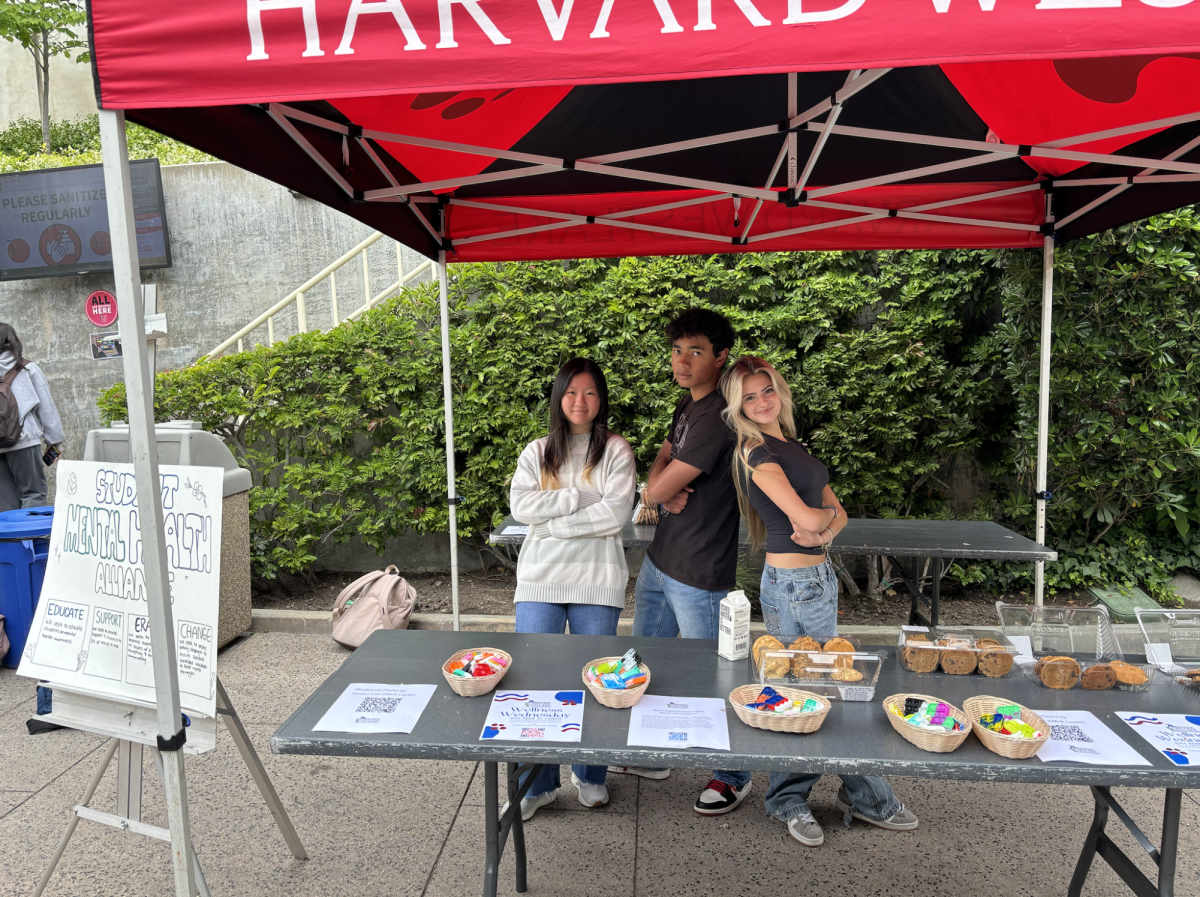Â
By Jessica Barzilay
Yes, Timothy Choe â12, is serious. It may often be perceived as a joke, but Choe actually is a competitive ping-pong player.
“My friends usually laugh and then find out that Iâm serious,” Choe said.
While most children were trying their hands in recreational soccer leagues and beginnersâ ballet classes, Choe was following a different path. Just as his father had before him, Choe was training to be a competitive table tennis athlete.
For Choe, ping-pong was a natural choice of hobby, since his father Ken Choe had achieved national acclaim as a member of the 1978-79 Korean National team and the 1982 U.S. team. As an 8-year-old in Korea, Ken Choe, along with several of his classmates, was excused from studies to devote eight hours a day to table tennis training. Citing his fatherâs experience and achievements as his motivators, Choe plays the sport as an enjoyable pastime, just as his peers participate in other athletic endeavors for recreation.
As a young child training ever since he can remember, he competed in matches on an almost bi-weekly basis. These days, Choe takes advantage of the flexibility of the sport and the control he has over the intensity of his practices; according to the amount of work he is assigned at Harvard-Westlake and his other weekly commitments, he can decide his exercise and game schedule. For this reason, Choe said, he has no regrets about refraining from more mainstream sports, like soccer and football.
Training consists of playing for two or more hours at a time, either against an opponent or facing up against a ping-pong robot, a table tennis staple for elite players.
The sport is a test in endurance, and players experience the soreness that typically accompanies more aerobic sports.
“Being in ready position the whole time makes you really sore, and you sweat a lot,” Choe said.
Several of Choeâs adversaries at local competitions are aspiring professionals, and although he is not as focused on ping-pong, Choe respects their dedication and is able to appreciate the matches both as a spectator and as a competitor, he said.

































